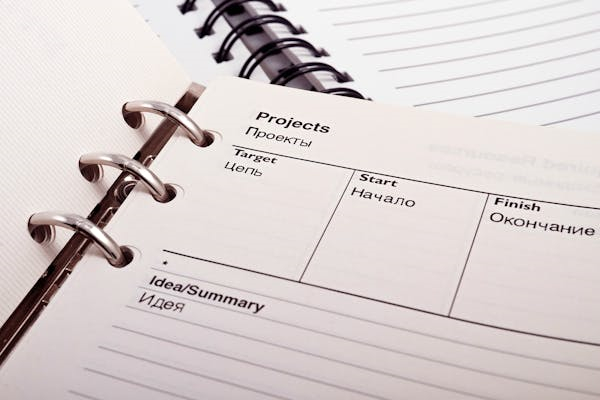Understanding the English Expression "Treasure": Common Queries and Insights
.png)
Are you curious about the English expression "treasure" and its various uses? Here are some common questions that often arise when discussing this term, along with detailed answers to help you gain a deeper understanding.
What does "treasure" mean in English?
"Treasure" in English can refer to something that is highly valued, whether it's an object, a person, an experience, or even an abstract concept. It often implies a sense of worth, beauty, or importance that sets it apart from other things. For example, a treasure chest might contain valuable items, while a person's kindness can be considered a treasure.
Is "treasure" always about material things?
No, "treasure" is not limited to material possessions. It can also represent non-tangible assets such as memories, relationships, talents, and virtues. For instance, a cherished friendship or a family heirloom that holds sentimental value can both be referred to as treasures.
How is "treasure" used in different contexts?
"Treasure" can be used in various contexts, each with its own nuance:
In a literal sense, "treasure" refers to valuable items or wealth. For example, "The pirate buried his treasure on the island."
In a metaphorical sense, "treasure" can describe something that is invaluable to someone. For example, "She treasures her time with her grandchildren."
"Treasure" can also be used to express a feeling of wonder or admiration. For example, "The view from the mountaintop was a treasure to behold."
Can "treasure" be used in a negative context?
Yes, "treasure" can be used in a negative context, particularly when it comes to material possessions. For example, someone might say, "He treasures his wealth over his relationships," implying that the person values money more than the people in their life.
Is "treasure" always a positive term?
While "treasure" is generally a positive term, its connotation can vary depending on the context. It can be used to express admiration, but it can also be critical, as in the case of overvaluing material goods. The context in which "treasure" is used will often determine its positive or negative connotation.


.png)
.png)
